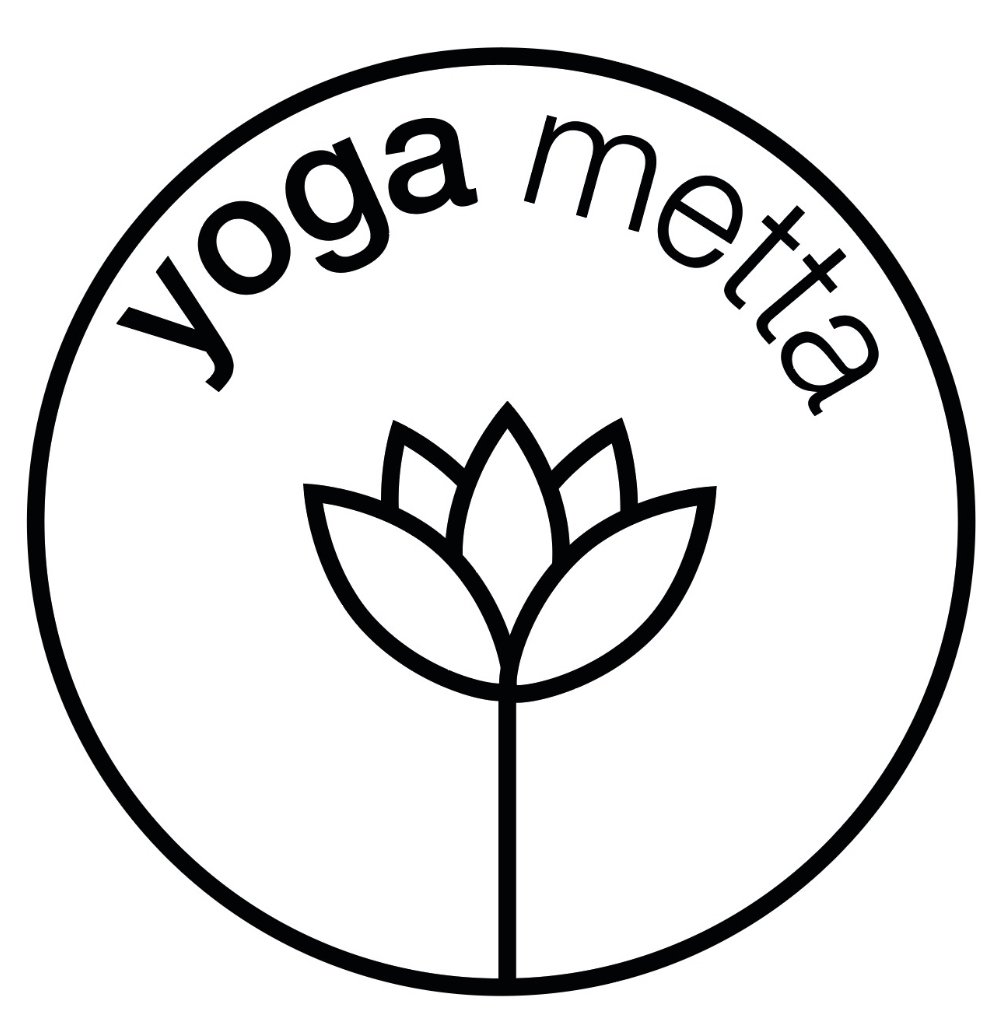Iyengar Yoga Therapy
Iyengar Yoga Therapy
Iyengar Yoga Therapy can help with various health conditions and provide relief from a host of different ailments. Below you can see what Iyengar Yoga Therapy is and how it could be helpful for you.
What is Iyengar Yoga Therapy?
Iyengar Yoga Therapy is yoga designed to address a wide range of health issues. Iyengar yoga is from the teachings of B.K.S. Iyengar. A therapeutic approach in Yoga Therapy classes tailors’ yoga practices to individual needs, making it suitable for people with minor complaints, as well as those with more serious health conditions.
Who Can Benefit from Iyengar Yoga Therapy?
Iyengar Yoga Therapy can benefit individuals dealing with a wide range of health conditions, whether they are relatively minor or more serious. (Anyone who feels they can’t currently attend a general class) Here's how it can help:
Everyday Discomforts:
Iyengar Yoga Therapy is suitable for individuals experiencing everyday discomforts such as knee pain, hip issues, neck and shoulder problems, back discomfort, and various other common health concerns, including women's health like menstruation and pregnancy. It's important to note this is not an exhaustive list; many other health concerns can also find relief and support through Iyengar Yoga.
Serious Health Challenges:
If you're facing more serious health challenges that may make regular yoga classes seem daunting, Iyengar Yoga Therapy can be a lifeline.
General Classes:
It's worth mentioning even if you have minor or serious health issues, you may still be able to join a general yoga class. (or even alongside a therapy class) By discussing your condition with your yoga teacher beforehand, they may be able to provide guidance and modifications in a group class setting.
How Does Iyengar Yoga Therapy Work?
1. Understanding the Student's Condition:
To create an effective therapy plan, the Teachers begin by gaining an understanding of the student's physical and emotional wellbeing. This can involve questions and discussions about health issues.
2. Personalised Sequences:
Based on the assessment, the teacher designs a sequence of yoga poses tailored to the student's needs. These sequences can change over time as the student progresses or faces new challenges.
3. Use of Props:
Props like Ropes, Chairs, Bolsters, blocks, belts, and other yoga equipment are often used to support and enhance poses. These props help students achieve the desired effects in a safe and controlled manner.
4. Rest:
Many therapy sequences include resting phases. These phases are essential for reducing fatigue, calming the nervous system, and promoting relaxation. They provide a foundation for healing and recovery.
5. Ongoing Evaluation:
Iyengar Yoga Therapy is an ongoing process. Teachers continually assess the student's progress and make necessary adjustments to the sequences. New health conditions that arise are also considered.
Why Choose Iyengar Yoga Therapy?
Iyengar Yoga Therapy can be highly effective because it combines the precision of yoga poses with a holistic approach. It's experiential and experimental, meaning it evolves to meet the unique challenges of each student. With the guidance of skilled teachers, students can experience improved physical and mental wellbeing.
Go to our Therapy page for Therapy classes at Yoga Metta
